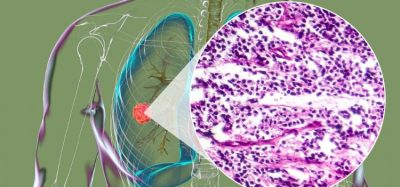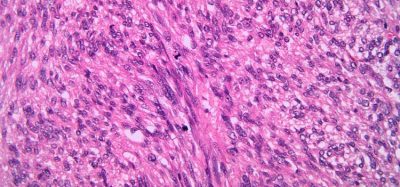Cardiff Met develops new cancer treatment
Posted: 4 January 2018 | Dr Zara Kassam (European Pharmaceutical Review) | No comments yet
Cardiff Metropolitan University has been instrumental in the development of a new anti-cancer agent that has the potential to offer a valuable treatment option for cancer…


Cardiff Metropolitan University has been instrumental in the development of a new anti-cancer agent that has the potential to offer a novel and valuable first-in-class treatment option for cancer.
The global intellectual property, which relates to the anti-thrombotic agent anagrelide, was recently acquired by SUDA Ltd, a leader in oro-mucosal drug delivery, from Cardiff Metropolitan University’s partners, Aluztra Bio Ltd.


Anagrelide is a drug currently used for the treatment of essential thrombocytosis to reduce raised levels of platelets which, in addition to increasing the risk of blood clots, are a key factor in the metastasis of tumours. Scientists have identified that platelets nourish and protect cancer cells, enabling them to evade the immune system and spread through the body to form metastases. As a result, survival rates are lower in those patients with the highest platelet numbers.
Whilst the intellectual property, developed in significant part in Wales, has shown anagrelide’s promise as a novel anti-cancer agent, its use is currently limited by side-effects to the heart. Australia-based SUDA Ltd believes it can overcome this potential problem by delivering the drug as a mouth spray using the company’s OroMist technology. This avoids the metabolism of the drug in the liver, where the side-effect-causing metabolite is generated.
Newer cancer treatments include immunotherapies that stimulate the patient’s own immune system. Anagrelide would be complementary to such treatments by reducing the platelet numbers and therefore reducing the protective effect that platelets exhibit on metastatic cells.









